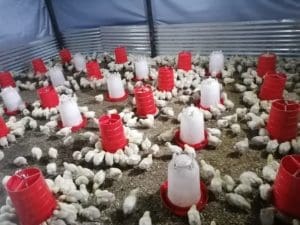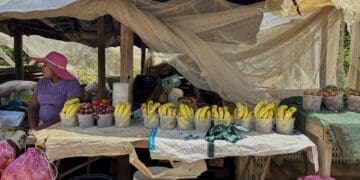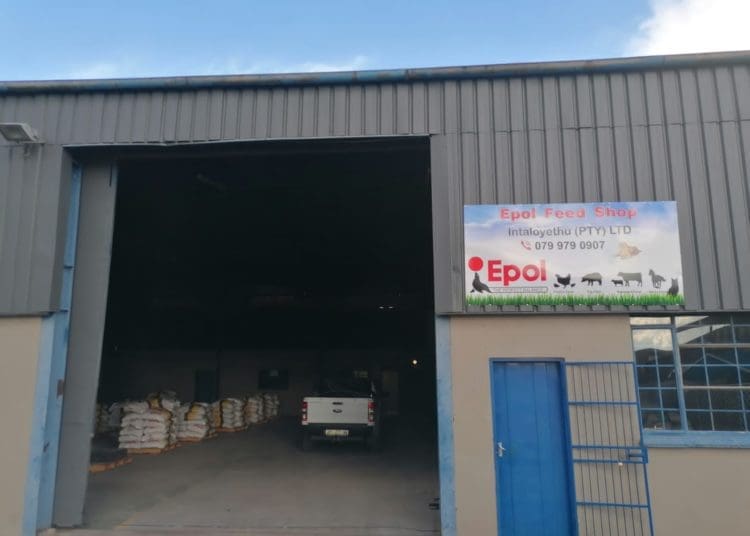Having worked for years for poultry giant Rainbow Chickens, Sifiso Tshonaphi, took his knowledge of the sector and carved his own path. His love for agriculture and his passion for poultry saw him not only start his own chicken farm but also establish his own feed shop to ensure that his operations run smoothly. With his experience and expertise, Tshonphi also assists small-scale poultry farmers, in a sector that he believes much is bigger than what people realise.
Tshonaphi is the founder of Intalo Yethu and Epol Feed Shop, which are both based in Rustenburg. He told Vutivi News that it had always been his dream since he was a child to own businesses. “I went to university and worked in corporate, and when I saw that I obtained enough knowledge to run my own business and provide technical support to small-scale farmers, I decided to stop working and run the shop and the farm,” he said.
Tshonaphi started farming in 2020 and opened his feed business this year. “With the shop, we provide agricultural services and feeds for pigs, sheep, goats, horses and ostriches. We also provide pine shavings for chickens and horses and medication for the poultry, which includes vaccines and antibiotics,” he said.

“We also sell day-old broiler chicks for customers and provide technical assistance for small farmers that are starting out,” Tshonaphi said that his 308 square-meter shop also sold dog food. On the farm, he started with 200 broilers a week, which had now grown to 700 broilers a week.
“In the past, I used to sell live chickens only, but as time went on my customers started requesting that I supply them with processed chicken, so now I supply both live and processed chickens.” The farmer said he started his feed shop as he understood its benefits. “The idea was to make sure that I could secure feeds and all the necessary things I needed to be able to run my farming operation,” he told Vutivi News.
“I then saw a gap in the market after realising that Epol, the shop where I stock my feed, only supplies in bulk. “Opening this shop meant that I was bridging the gap between small farmers and the commercial sector so that they can have access to the same quality product at reasonable prices.”
Tshonaphi encouraged other poultry farmers to vaccinate their chickens and to take advantage of the free courses on how to vaccinate the birds. He said often farmers lost out during an outbreak for not vaccinating chicken. “Vaccination is like a safety belt: if you do not put it on you get into a lot of trouble,” he warned.































































